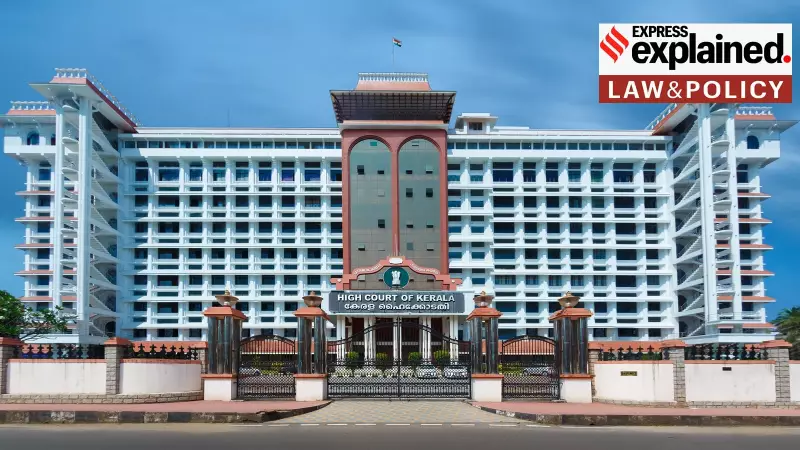
In a groundbreaking judgment that reinforces the secular fabric of the Indian Constitution, the Kerala High Court has delivered a powerful verdict against caste-based discrimination in religious appointments. The court has unequivocally stated that the selection of priests in Hindu temples cannot be restricted to particular castes, marking a significant step toward reforming religious practices.
The Core Judicial Pronouncement
The High Court bench emphasized that temple priest appointments must be based on merit, qualifications, and necessary religious training rather than hereditary caste considerations. This landmark ruling challenges centuries-old traditions that have perpetuated caste hierarchy within religious institutions.
Constitutional Principles Prevail
The judgment firmly establishes that constitutional values of equality, non-discrimination, and secularism override any customary practices that might discriminate based on birth. The court highlighted that religious practices must evolve to align with fundamental rights guaranteed by the Indian Constitution.
Broader Implications for Temple Administration
This verdict has far-reaching consequences for temple management and religious appointments across Kerala and potentially throughout India. It directs temple authorities and governing bodies to reform their appointment procedures to ensure they comply with constitutional mandates against discrimination.
Progressive Interpretation of Religious Freedom
The Kerala High Court's decision represents a progressive interpretation of religious freedom, balancing traditional practices with modern constitutional values. It acknowledges that while religious autonomy is important, it cannot violate the fundamental rights of citizens or perpetuate social inequalities.
This judgment is being hailed as a milestone in the ongoing struggle against caste-based discrimination and a significant victory for those advocating for equal opportunities in religious spaces. It sets a powerful precedent for future cases involving religious practices and constitutional rights in India.





